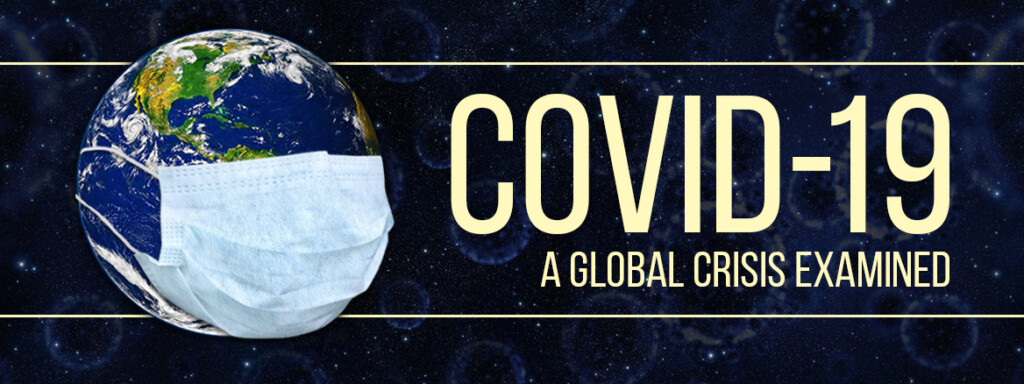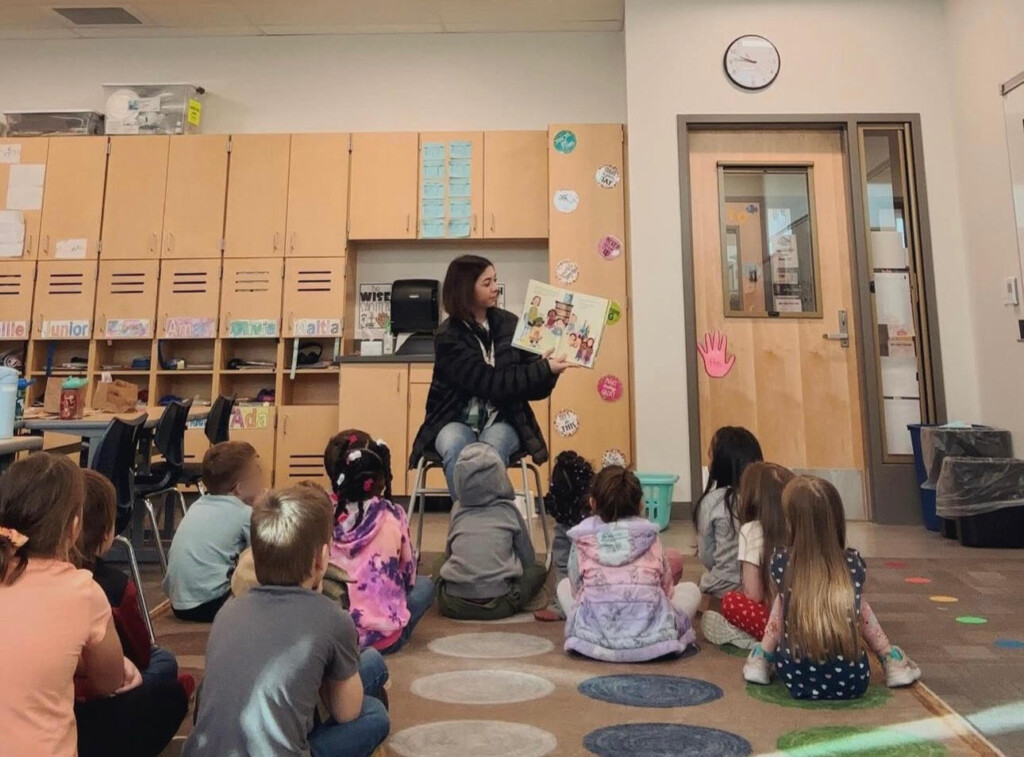Page 99 • (1,401 results in 0.038 seconds)
-

Global studies major Cora Beeson ’24 spent four months in Indonesia last spring for a study abroad semester. Little did she know the research she conducted there would lead to a presentation at the esteemed 2024 Human Development Conference at the University of Notre Dame’s…
. Mikhiela Sherrod, the director of US domestic programs for hunger relief organization Oxfam America, was both the conference’s keynote speaker and the moderator for Beeson’s panel. The panel on female empowerment in organizations brought Beeson together with students who compared modern women’s cooperatives and researched girls’ education in Kenya. “It was rewarding to be part of this conference,” Beeson says. “I had the opportunity for my research to be acknowledged on this scale.” Beeson’s research
-
....an experience I'll carry with me through my entire writing life and it's shaped me in ways I'm only beginning to understand.
Prose about Alzheimer’s Disease, Holly J. Hughes, Kent State University Press, 2009. Fire On Her Tongue: An eBook Anthology of Contemporary Women’s Poetry, edited by Kelli Russell Agodon & Annette Spaulding-Convy, Two Sylvias Press, 2012. The Pen and the Bell: Mindful Writing in a Busy World, Brenda Miller and Holly J. Hughes, Skinner Press Books, 2012. Becoming: What Makes a Woman, Jill McCabe Johnson, University of Nebraska Gender Programs, 2012.
-

Earlier this month Pacific Lutheran University announced a timely new course titled “COVID 19: A Global Crisis Examined.” Open to PLU students, alumni, faculty, staff and the public, the one-credit/no-credit online course will lead students through a reflection of the ongoing COVID-19 pandemic. Over the…
impact that the pandemic is having in many parts of Native North America by considering the significance of this present moment in light of a centuries-long history of colonialism, epidemic disease, and contemporary efforts to reclaim tribal sovereignty and control over healthcare. What do you think the alumni panel will add to the experience? There are three things the panel will add to the experience. First, like the academic expertise of my faculty colleagues, we look forward to the insights that
-

PLU Peace Corps program prepares Lutes for service work abroad.
. Later, Wiley returned for doctoral work. She maintains connections with communities there. “One thing I learned in the Peace Corps was that relationship building and spending time with people was something I was really passionate about,” Wiley said. “And to some extent that is what cultural anthropologists do, we study contemporary human life.” Now, Wiley will help PLU students coordinate the courses they need and find internships or volunteer opportunities in Peace Corps sectors, such as education
-
Emily Bond, Senior Capstone Seminar When facing a nonlethal selective pressure, cells are in a state of growth arrest, meaning that they are not able to divide.
focuses on the adaptation of the Tsuji-Wacker oxidation to be used in an undergraduate lab. The main purpose for adapting this reaction is to find an environmentally-friendly hydration method that can be used to selectively synthesize the Markovnikov and anti-Markovnikov forms. Using a literature reference, it was discovered that replacing the typical pd (II) catalyst with an iron catalyst yielded a similar result. Using an iron catalyst as opposed to a palladium catalyst would be very beneficial as
-
https://www.youtube.com/watch?v=d0eHyaJ26Ks Patience and a good ear essential in studying elusive crossbills, which live, breed and sing in the canopy By Barbara Clements Having a conversation with Julie Smith is a stop and go affair. In mid-conversation, she’ll stop, and listen. And then pick up the…
., a small town which clings a point of land on the Olympic Peninsula. Each is carrying a sensitive directional microphone aimed at the canopy of a Sitka Spruce stand. About 100 feet above the trail, a chit-chit-chit sound drifts down. It’s the call of a particular type of North American Crossbill-unglamorously named “call type 10.” Predictably, the types range from one through ten, with type 10, the elusive bird over our head, having been described in scientific literature only 18 months ago
-

During the 2023-2024 academic year, 2,345 students received PLU-funded aid, with the average PLU student receiving $37,036 in scholarships. Through scholarship support, donors are part of a network of care that supports students in pursuing their educational goals, unlocking their full potential, and becoming leaders…
one day I can repay the favor to another hard-working student. Thank you to the donors who are supporting me; it makes me feel that all my hard work did pay off.” Austyn Blair ’25, English Lit and Holocaust and Genocide Studies, Religion, Gender and Sexuality Studies “My goals are to teach English and/or work in genocide prevention and education. I want to educate others as I educate myself.” Austyn Blair ’25 has a full schedule. He is majoring in English Literature and minoring in Holocaust and
-
Biology Courses: BIOL 225 (Molecules, Cells and Organisms) BIOL 226 (Genes, Evolution, Diversity and Ecology) One semester of each of the following is also recommended by many programs: BIOL 342
. The English requirement is intended to demonstrate competency in grammar and composition as well as comprehension and analysis of written work. In general, the English requirement is met by taking courses that schools would recognize as writing or literature courses.Behavioral Sciences: The following course is recommended for anyone entering into the Optometry field. Some programs require one or more social or behavioral science courses while others only recommend they be taken. Please check with
-
Biology Courses Take the following two introductory biology courses: BIOL 225: Molecules, Cells and Organisms BIOL 226: Genes, Evolution, Diversity and Ecology Often veterinary schools require you
English requirement is met by taking courses that veterinary schools would recognize as writing or literature courses. Courses in the Humanities, Social Sciences and Arts The majority of veterinary schools have formal requirements for courses in social sciences, humanities and arts. However, often these requirements are waived if the applicant has or will be earning a BA/BS degree. A course in oral communication, either interpersonal or group communication or public speaking, is often
-
Biology Courses: BIOL 225 (Molecules, Cells and Organisms) BIOL 226 (Genes, Evolution, Diversity and Ecology) One semester of each of the following is also recommended by many programs: BIOL 342
. The English requirement is intended to demonstrate competency in grammar and composition as well as comprehension and analysis of written work. In general, the English requirement is met by taking courses that schools would recognize as writing or literature courses.Behavioral Sciences: The following course is recommended for anyone entering into the Optometry field. Some programs require one or more social or behavioral science courses while others only recommend they be taken. Please check with
Do you have any feedback for us? If so, feel free to use our Feedback Form.


